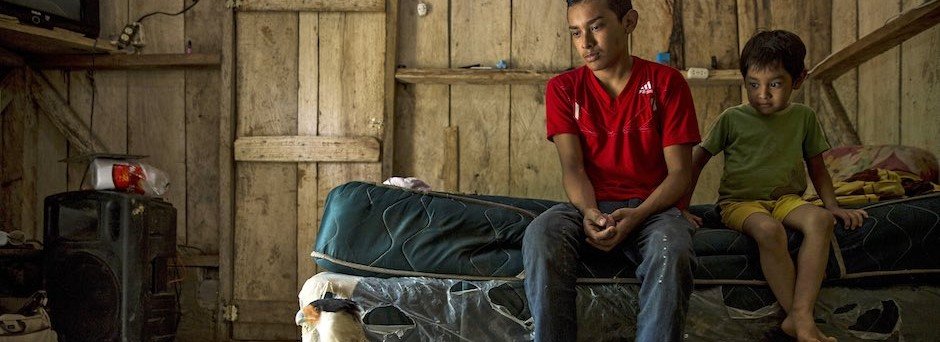By Emma Pfister | Manager, Global Cause Partnerships
Dear Friend,
Fleeing stifling poverty, extreme violence and intimidation, Central American children make the difficult decision to leave home in search of safety and a better life. Along the way, they risk being kidnapped, trafficked, raped or killed. Most come from the countries of Honduras, El Salvador, and Guatemala.
There is no sign this trend is letting up, as UNICEF vividly details in a report, Uprooted in Central America and Mexico.
“Millions of children in the region are victims of poverty, indifference, violence, forced migration and the fear of deportation," said María Cristina Perceval, UNICEF Regional Director for Latin America and the Caribbean. "In many cases, children who are sent back to their countries have no home to return to, end up deep in debt or are targeted by gangs. Being returned to impossible situations makes it more likely they will migrate again."
Between 2016 and mid-2018, 68,409 migrant children were detained in Mexico, 91 percent of whom were deported to Central America. Some 96,216 migrants from northern Central America, including 24,189 women and children, were returned from Mexico and the U.S. between January and June 2018. More than 90 percent were deported from Mexico.
Even if they reach the U.S., these children confront new risks. Children traveling with a parent risk swift deportation or months of detention. Unaccompanied children apprehended in the U.S. are guaranteed an immigration court hearing, but are not entitled to a court-appointed attorney.
To help alleviate the crisis, UNICEF works with governments in Central America and Mexico to try to address these causes. Through various programs, UNICEF works to strengthen services that reduce the vulnerability of children to violence, crime and other threats, and supports programs for education and health, with a special focus on the most affected and vulnerable communities.
UNICEF also advocates for the protection of children's rights throughout their journey, and for governments to assist returnee children.
Thank you for your contribution and putting children first.
Project reports on GlobalGiving are posted directly to globalgiving.org by Project Leaders as they are completed, generally every 3-4 months. To protect the integrity of these documents, GlobalGiving does not alter them; therefore you may find some language or formatting issues.
If you donate to this project or have donated to this project, you can receive an email when this project posts a report. You can also subscribe for reports without donating.
